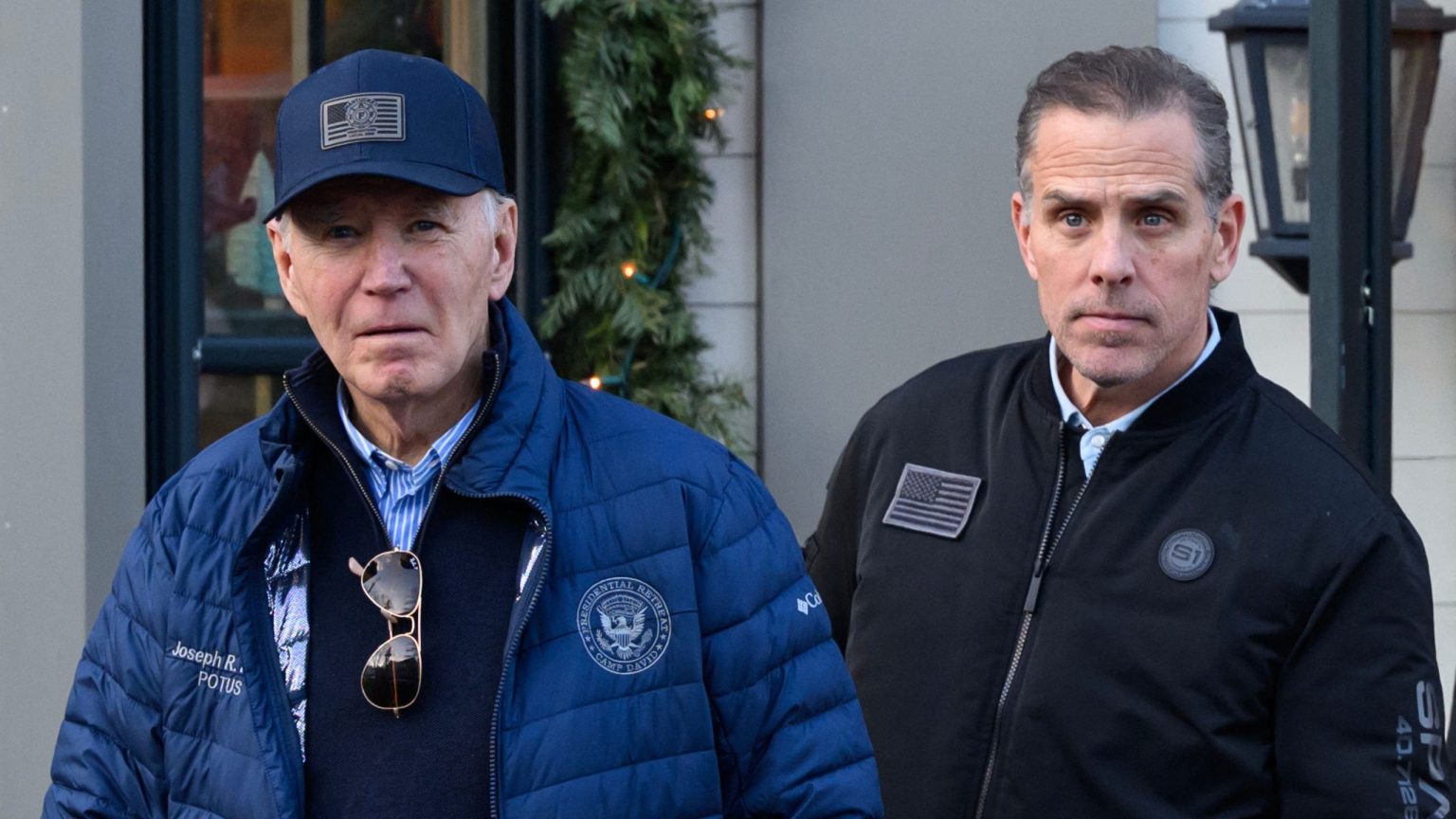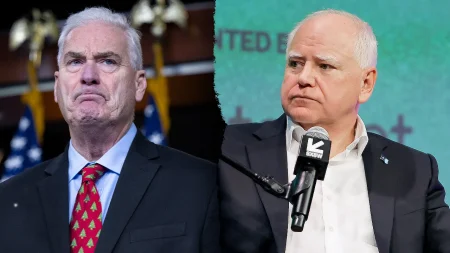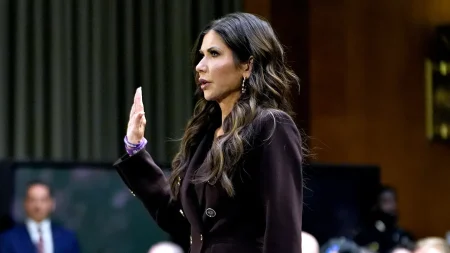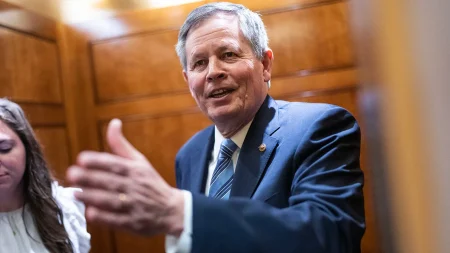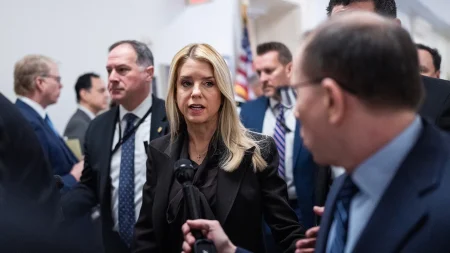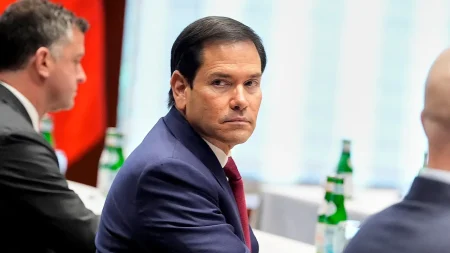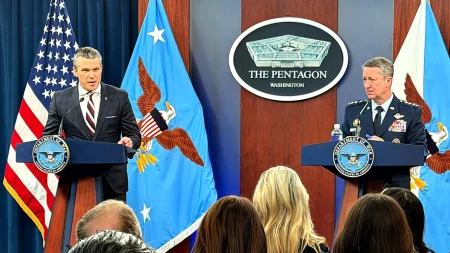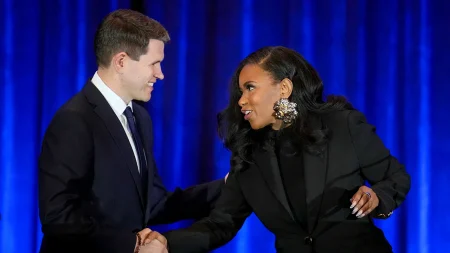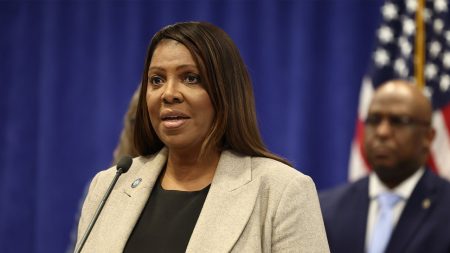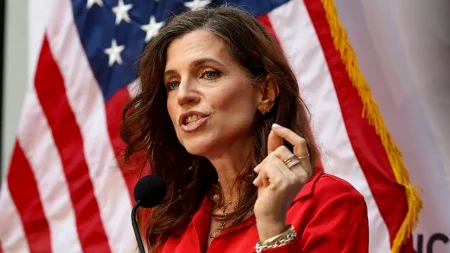Attorneys representing Hunter Biden have taken steps to challenge the legitimacy of the grand jury indictment against him, urging a complete dismissal of the charges. This motion follows the announcement that President Biden granted a pardon to his son, shielding him from sentencing in two significant court cases. These cases involved Hunter’s conviction for illegally purchasing a firearm and failing to pay $1.4 million in taxes, both of which the president described as politically charged actions and a “miscarriage of justice.” In a counteraction to this dismissal request, Special Counsel David Weiss, who oversees the case, filed a motion to deny the dismissal and maintain the integrity of the indictment.
Weiss’s filing was directed at Judge Maryellen Noreika, who presided over Hunter Biden’s gun case. He asserted that the pardon granted by President Biden should not negate the grand jury’s probability of cause to charge Hunter. Weiss emphasized that although the defendant received an act of mercy, the foundation of the grand jury’s decision to indict him should still be upheld. He dismissed Hunter’s claims of political motivations behind the charges, stating that no court has agreed with such assertions, thus arguing that the request for dismissal lacked judicial support.
In response to Weiss’s assertions, Hunter Biden’s attorney, Abbe Lowell, argued that the Special Counsel’s position is contradicted by the prevailing judicial sentiment regarding similar cases. Lowell pointed out that many courts have favored dismissing indictments in circumstances involving pardons, asserting that the majority view provides substantial legal backing for their motion. The legal team’s stance builds on the complexity of how pardons relate to existing indictments and the procedural implications they carry in the judicial process.
The charges against Hunter Biden were serious. In June, he was convicted on multiple counts relating to false statements made during his gun purchase, which included making a false declaration to a federally licensed gun dealer and illegal possession of a firearm due to his prior drug addiction. Hunter’s well-known struggle with substance abuse was extensively documented in his memoir, where he recounted his addiction to crack cocaine and the impact it had on his life and decisions.
Additionally, Hunter Biden faced allegations of tax evasion concerning his failure to pay over $1.4 million in taxes. As a critical trial regarding these tax offenses was about to commence in September, he unexpectedly entered a guilty plea, which further complicated the legal landscape surrounding his cases. The plea came as a surprise, especially as it preceded jury selection, signaling possible strategic legal maneuvering from his defense team.
The legal troubles of Hunter Biden have drawn significant media attention, not only due to his familial connections but also because they intersect with broader political narratives. Hunter has maintained that the charges against him are a product of political bias and a targeted effort to tarnish his father, President Biden. This ongoing saga exemplifies the intertwining of personal legal challenges and the political spectacle, raising questions about the integrity of the judicial process in high-profile cases involving public figures. As the legal battles continue, both Hunter Biden and the Special Counsel’s office find themselves entangled in a complex web of legal arguments and public scrutiny.




